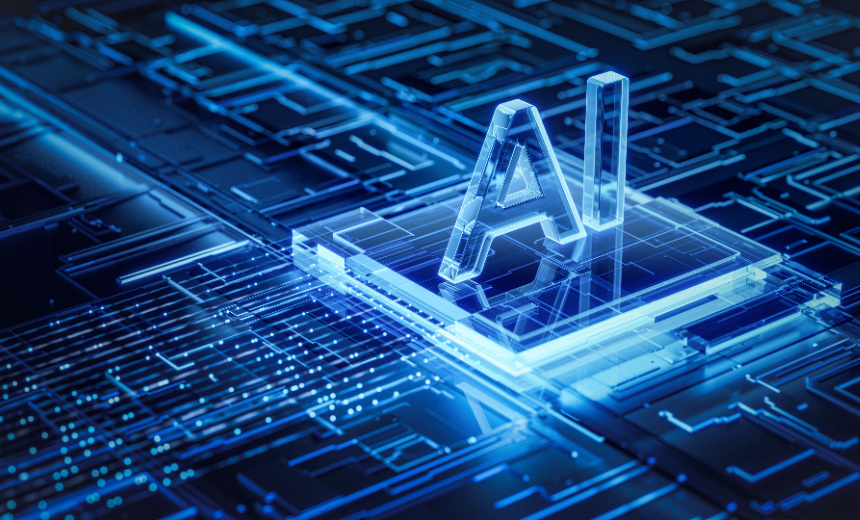Artificial Intelligence & Machine Learning
,
Next-Generation Technologies & Secure Development
Model Context Protocol’s Adopters Include OpenAI, Google

Artificial intelligence developers including OpenAI, Google and Microsoft are adopting rival Anthropic’s open standard to speed up the capabilities of their chatbots by allowing them to access daily-use software.
See Also: Securing Data in the AI Era
Dubbed “Model Context Protocol,” the open standard aims to make chatbots more useful by giving them direct, two-way access to enterprise systems, cloud services and local files. AI vendors and developers have already published hundreds of MCP servers to link everything from Slack to Snowflake.
Anthropic introduced MCP late last year as an open-source specification defining MCP servers – which expose data sources such as Google Drive, Postgres or internal APIs – and MCP clients, the AI applications that consume that data when answering a user’s request. The company likens MCP to a “USB-C port for AI applications,” offering a standardized connector that any vendor or tool maker can adopt. By decoupling model data-integrations from proprietary code, MCP aims to build a competitive ecosystem of plug-and-play connectors that accelerate prototyping and shrink vendor lock-in.
Support for MCP exploded in the first quarter this year. OpenAI CEO Sam Altman said that MCP was available in the “Agents SDK and support for ChatGPT desktop app [and] Responses API [is] coming soon.” Less than two weeks later, Google DeepMind CEO Demis Hassabis said that Gemini models and SDKs would join the party, praising MCP as “rapidly becoming an open standard for the AI agentic era.” Microsoft Azure, Claude and a raft of third-party platforms from Block and Apollo to Replit, Codeium and Sourcegraph have also integrated MCP clients and servers. Directories like glama.ai already list hundreds of community-built MCP servers.
Early adopters say MCP lowers the barrier to experimenting with data-driven AI workflows. “MCP is the first time I can say: here’s a (relatively) easy way to connect your organization’s tools and knowledge into an AI chat app and see what you learn,” said design thinker Matt Webb.
But the move also carries growing pains with potential security, privacy and complexity risks.
Anthropic’s spec is also what Webb calls “the opposite of simple,” offering multiple transport layers and configuration knobs that raise the friction of getting started. Veteran product exec Steven Sinofsky cautioned that middleware standards “never quite live up to promises in practice,” focusing on the risk that MCP could stall amid vendor bickering or security standoffs.
MCP is not the only game in town. Google’s Agent2Agent protocol aims to connect one AI agent directly to another without human-in-the-loop web interfaces, an approach geared more toward autonomous agent choreography. Community-driven efforts like Unternet’s Web Applets spec promise simpler, decentralized connectors built on web-native principles.
Anthropic’s road map targets hosted, remote-access MCP servers by mid-2025, which would eliminate the current day’s requirement to run connectors locally and ease corporate adoption.
